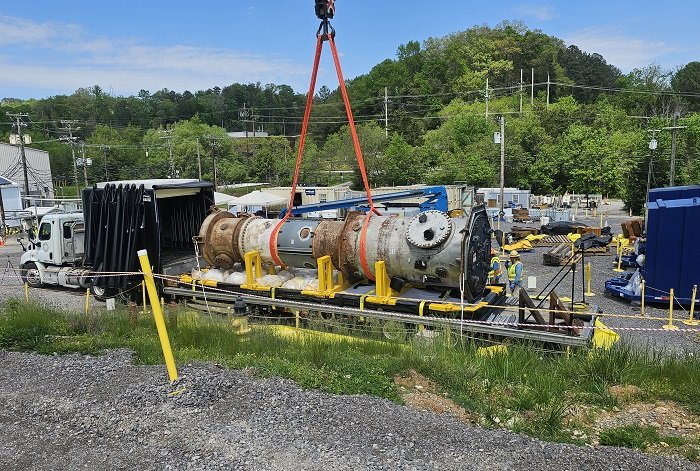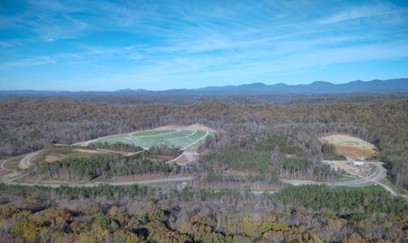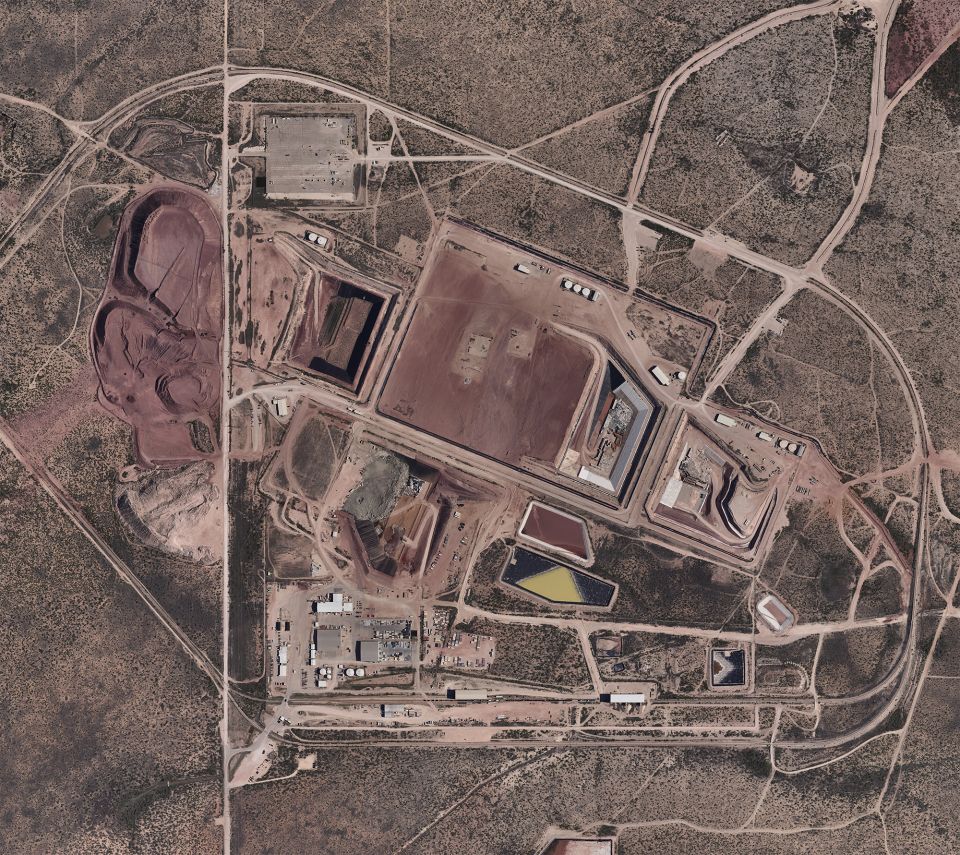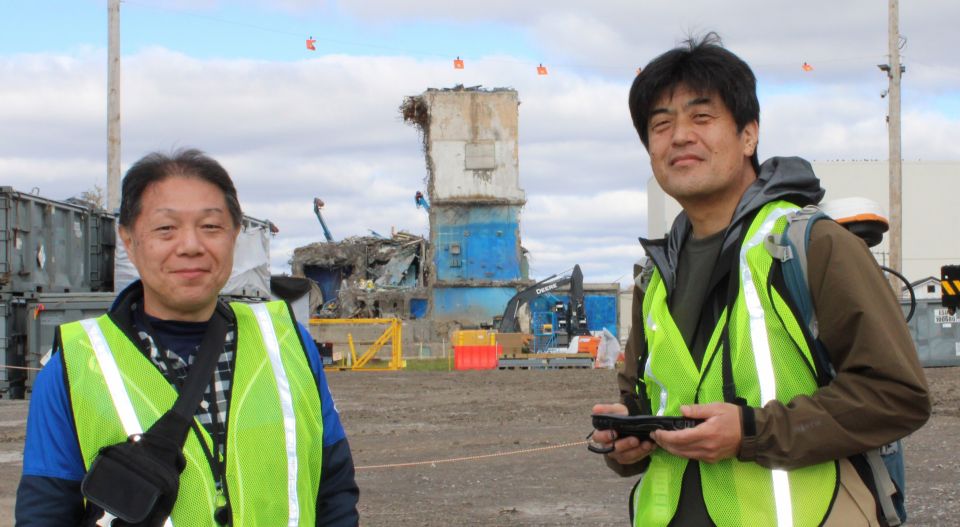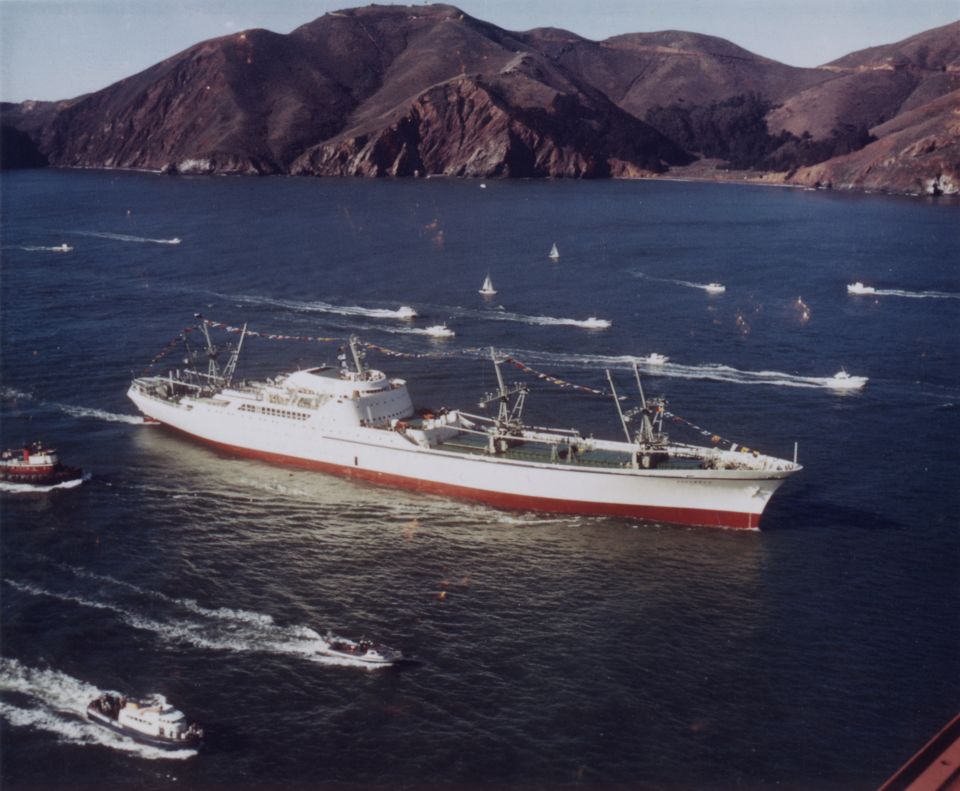The shipment marks the completion of the demolition and cleanup of a major historical reactor at ORNL, according to DOE-EM.
Workers finished the teardown of the reactor building and disposition of rubble and debris from the facility last fall, achieving a DOE-EM priority that year. However, the reactor vessel remained on the building’s footprint until it could be shipped off-site for final disposition.
The history: Known as Building 3005, the 3,000-kW reactor was built in 1949 as a criticality testing facility that used highly enriched fuel with demineralized water as a moderator and a coolant. The reactor was originally built as a hydraulic-test mock-up of the Materials Testing Reactor (MTR). It was converted to a training reactor for MTR operators in 1951 and subsequently was used as a testing reactor until operations ceased in 1968.
The reactor became world famous when a photographer first captured the blue glow caused by Cherenkov radiation in the pool above the reactor. That photo appeared on the cover of the October 1951 issue of Scientific American.
The work: DOE-EM cleanup contractor UCOR characterized and sampled the reactor, using multiple modeling software programs to develop the final characterization. That enabled employees to identify how to safely transport and dispose of the reactor, DOE-EM said.
“Completion of decontamination and transporting the reactor vessel for disposition is a big accomplishment that presented technical difficulties and a unique safety focus to finalize the cleanup at the Building 3005 site,” said UCOR project manager Greg McGinnis.
Workers backfilled the pit where the vessel was removed and completed necessary repairs to the footprint.
Next steps: According to Jim Daffron, acting ORNL portfolio federal project director, having the reactor pit backfilled and the footprint cleared gives workers a staging area to support demolition for Oak Ridge’s next two major cleanup projects.
Workers are deactivating the Graphite Reactor support facilities and the Oak Ridge Research Reactor, which are adjacent to the footprints of the Low Intensity Test Reactor and Bulk Shielding Reactor.
According to DOE-EM, these projects continue the department’s mission to eliminate risks and transform the heart of ORNL to enable future research missions and growth at the site.
